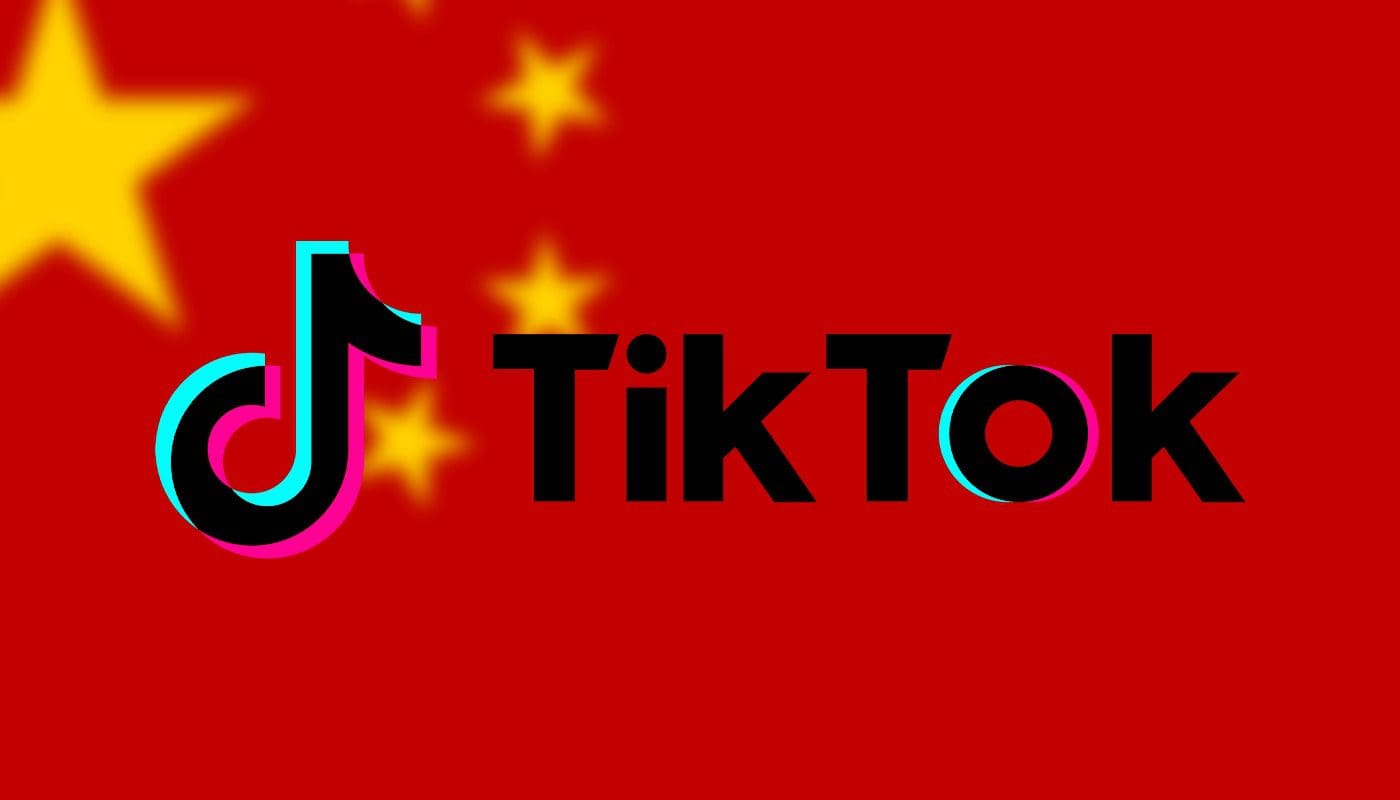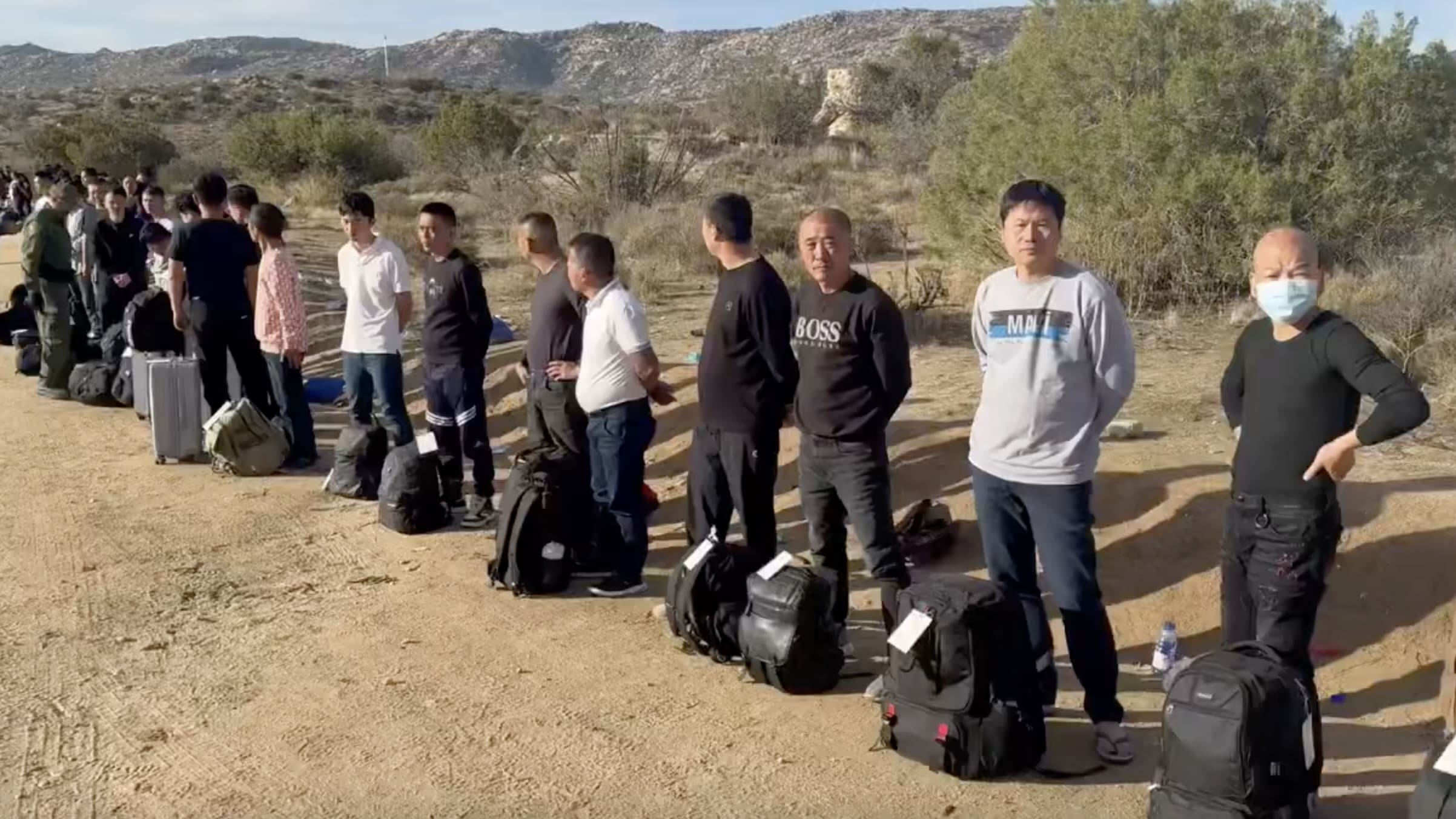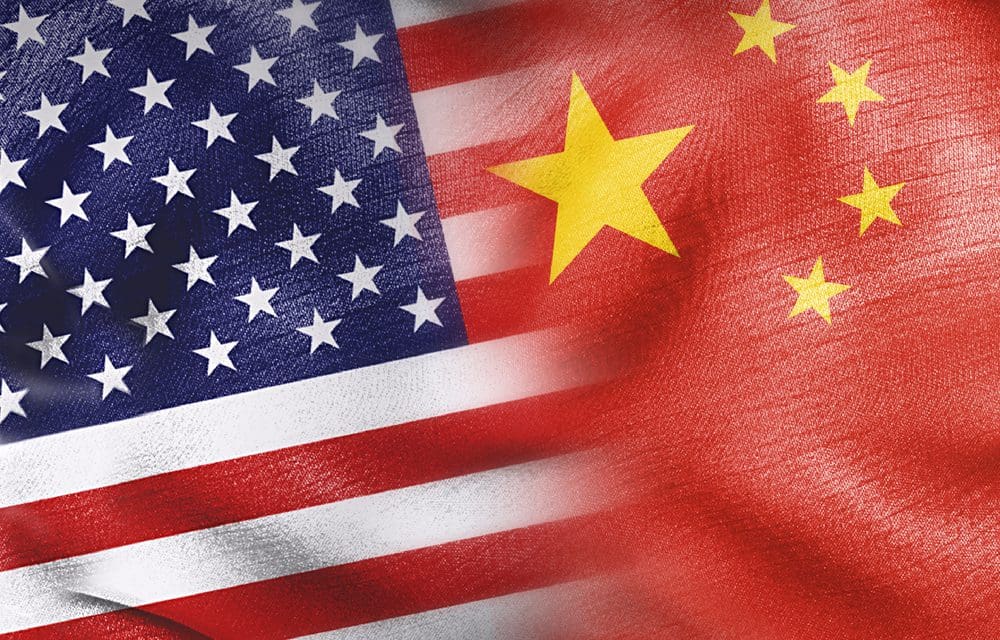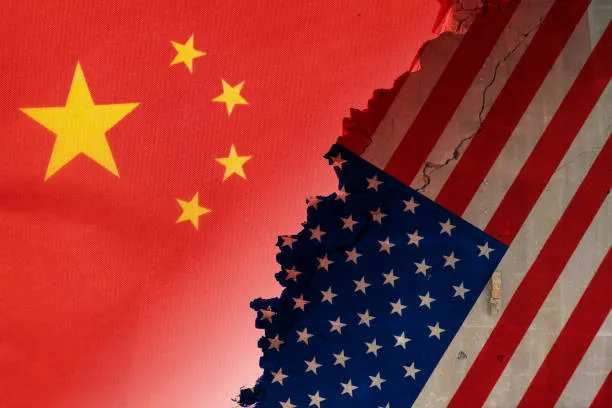An Austin-based federal judge rejected a challenge to Texas Gov. Greg Abbott’s ban of the social media platform TikTok on government-issued devices.
In July, the Knight First Amendment Institute at Columbia University filed a lawsuit against Abbott and other state officials on behalf of the Coalition for Independent Technology Research.
The group claimed that Texas is violating citizens’ First Amendment rights by “imposing a broad restraint on the research and teaching of public university faculty” conducting studies of TikTok’s effects on users.
However, on Monday, U.S. District Judge Robert Pitman upheld the ban, saying, “Ultimately, the Court finds that Texas’s TikTok ban is a reasonable, viewpoint-neutral restriction on a nonpublic forum and therefore is constitutional.”
Furthermore, Pitman wrote that “while the Court recognizes the importance both of protecting academic freedom and supporting public employees’ right to free speech, the Court finds that these important ideals do not dictate the appropriate framework for this case.”
He added that “the ban is not a restraint on speech in a public forum, but rather a restriction on a nonpublic forum motivated by Texas’s data protection concerns regarding TikTok, an app owned by a company based in China.”
Last year, Abbott ordered all Texas state agencies to ban using the Chinese social media app TikTok on government-issued devices.
In a letter sent out to all state agencies, Abbott expressed his concern about revelations of data harvesting from the app, which could share sensitive information with the Chinese government.
“While TikTok has claimed that it stores U.S. data within the U.S., the company admitted in a letter to Congress that China-based employees can have access to U.S. data. It has also been reported that ByteDance planned to use TikTok location information to surveil individual American citizens,” wrote Abbott.
Shortly after Abbott’s directive, Texas public universities banned students from accessing the Chinese-owned social media app on school internet networks.
Following Pitman’s opinion, the Texas Public Policy Foundation released a statement on the ruling.
“It’s no secret that the platform has long-standing connections with the Chinese Communist Party’s intelligence services,” said David Dunmoyer, a campaign director for Better Tech for Tomorrow at TPPF. “Texas, North Dakota, Iowa, and Maryland have recently banned TikTok from all government devices, citing security risks, and a bipartisan group has now introduced federal legislation that would ban the app in the U.S. entirely.”
The use of TikTok is currently banned by the U.S. Department of State, the U.S. Department of Defense, and the U.S. Department of Homeland Security.
No ads. No paywalls. No government grants. No corporate masters.
Just real news for real Texans.
Support Texas Scorecard to keep it that way!





